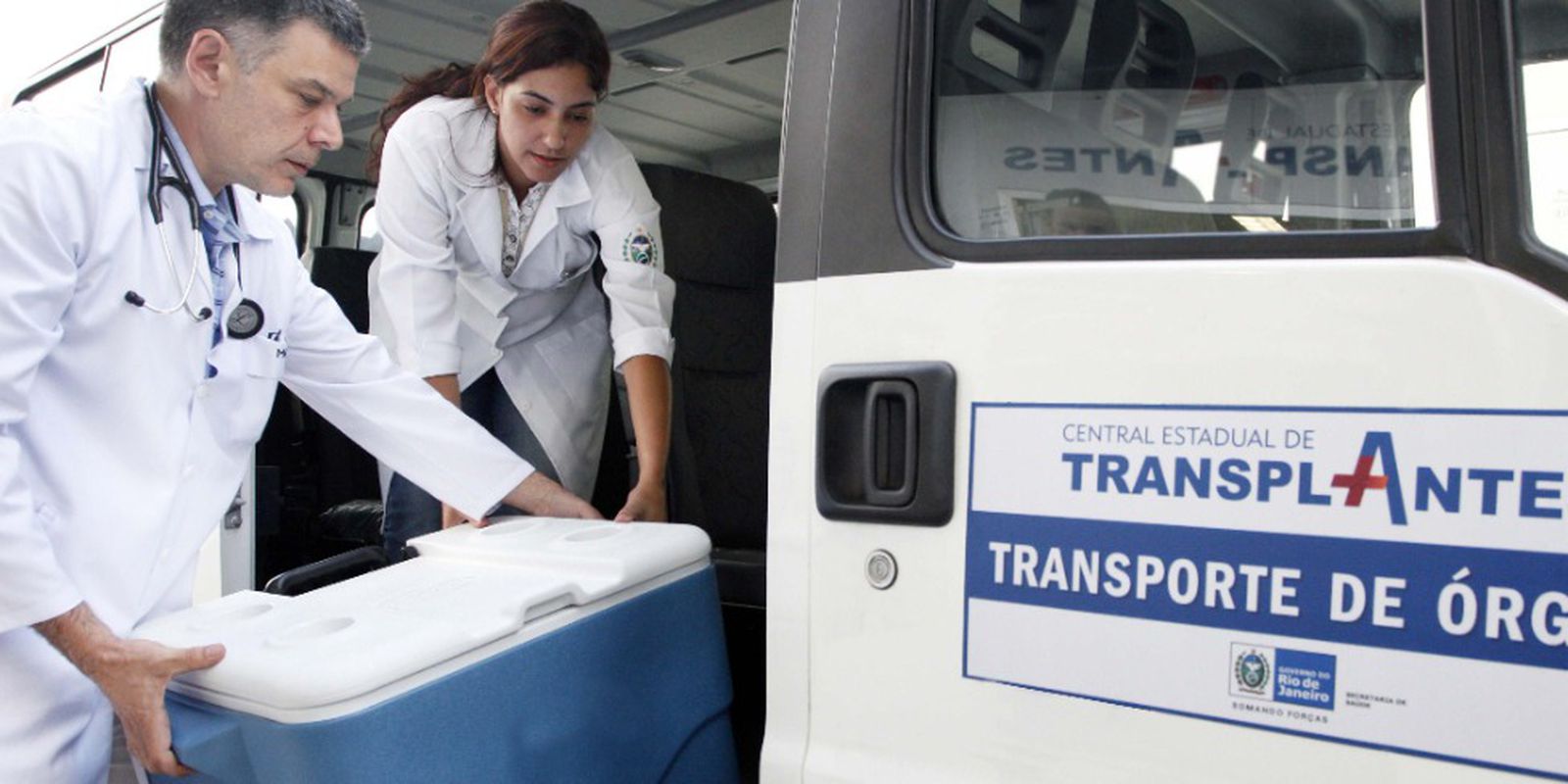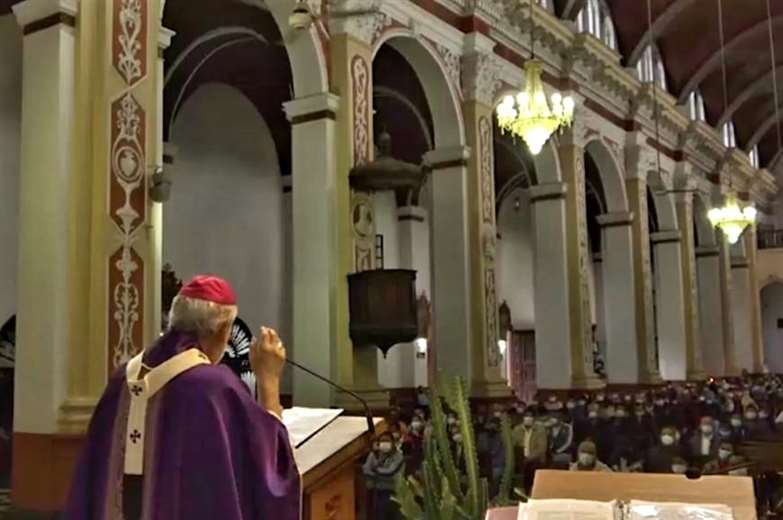Since the beginning of the covid-19 pandemic in Brazil, in March 2020, corneal transplantation has been one of the most affected in the country. Data presented by the Brazilian Association of Organ Transplantation (ABTO) indicate that in 2020 this type of surgery fell by almost half. That year, the country registered 7,100 corneal transplants compared to 14,900 in 2019.
Last year, the association’s survey reveals that the procedure continued 16% below the pre-pandemic with 12,7 thousand Brazilians transplanted. With the number of captures and transplants falling, the institution reports that the waiting list for transplants has grown by 80%. At the end of 2019, there were 10,700 enrolled, in December 2021 there were 18,800 people waiting for the transplant.
The teacher, Tatiana Lima, 42, is one of the patients waiting her turn in line. According to her, the queue usually moves a little faster, but because of the pandemic, the pace of surgeries is slower. After three years of waiting, she says that she has done all the preoperative tests required by the doctor and that she can be called at any time to perform the transplant in one of her eyes, in Brasília. “This will be my second transplant. The first, in both eyes, was done 30 years ago, in Goiânia, when I was still a teenager. Over the years my left vision has gotten worse. Because of the keratoconus, one of the corneas became thin again and, therefore, the new transplant,” she explained.
The cornea is a transparent tissue that is located at the front of the eye. As in a camera, it is the first lens through which light penetrates and, therefore, it needs to have total transparency so that the light passes through the entire eye to the back, where the image is decoded. A diseased cornea, affected, for example, by keratoconus, congenital diseases, corneal dystrophies and post-trauma scars, lose this transparency and vision is impaired. After exhausting other treatment alternatives, transplantation is usually indicated to rehabilitate the patient’s vision.
Donation
The procedure is simple and must be authorized by the family. Therefore, it is important that those who wish to be a cornea donor, inform family members about their decision. The capture of the donor cornea is performed within a few hours after the patient’s death and is imperceptible to the donor’s family.
who can’t donate
People who have had active lymphomas and leukemias, hepatitis B and/or C, HIV (AIDS), generalized infection, bacterial endocarditis, rabies, or some active diseases such as active syphilis and leptospirosis. The cases of patients who underwent eye surgery, or who have myopia, hyperopia and astigmatism are not an impediment to donation.

















